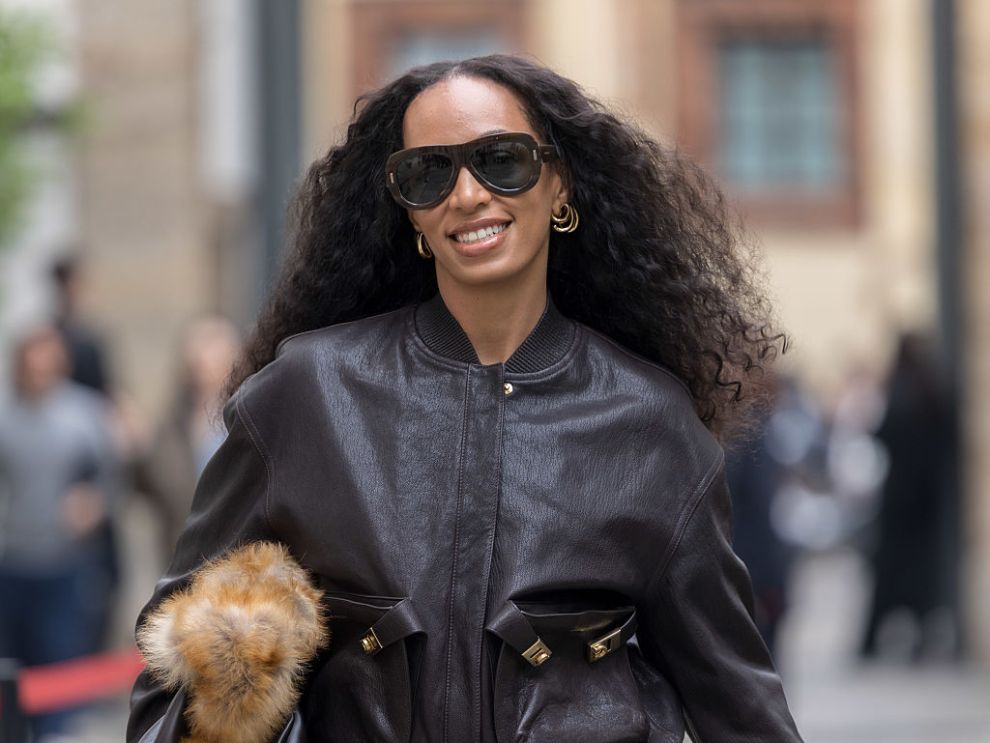Grammy-winning artist Solange Knowles has been named the inaugural scholar-in-residence at the University of Southern California’s Thornton School of Music. The three-year appointment marks the first time the school has installed a campus-wide artist in residence role at this level.
Her residency began Oct. 13 with a public conversation titled Beyond Category at USC’s Newman Recital Hall. She appeared onstage with USC Thornton Dean Jason King and Saint Heron colleagues Shantel Aurora and Sablā Stays. Their discussion explored curatorial arts and music as a “living archive.”
Solange Shaping a New Curriculum
Under the terms of her appointment, Knowles will collaborate with faculty to build new curricular and programmatic offerings in music curation. One milestone is a course tentatively titled Records of Discovery: Methodologies for Music and Cultural Curatorial Practices, slated to launch in fall 2027.
“I am eager to use the coming year to further develop and solidify my syllabus, Records of Discovery, with Saint Heron,” Knowles said in a statement. “My goal is to nurture students’ curiosity while advancing educational frameworks that reflect the expansiveness of the landscapes—both sonically and visually—that surround musical expressions.”
In addition to teaching, she will lead workshops, mentor students and support faculty in designing long-term strategies for the Thornton curriculum. She also will take part in USC’s Dean’s Creative Vanguard Program.
Knowles has long blended music, art, and cultural work through her multidisciplinary platform Saint Heron, which she founded in 2013. Her new role brings that experience into the academic domain.
In her remarks at the announcement event, Knowles referenced her unconventional educational path: “I am a GED graduate. I was a teenage mom. I was pregnant with my son at 17 … so I didn’t get to further my education in the classical sense.” She added: “So to be able to have access and broader tools as a scholar in residence … is really so exciting for me.”
King, the Thornton dean, expressed confidence in Knowles’ ability to translate her curatorial work into academic context. “I think the work she does as a music curator is very singular and very unique,” he said. “I’m hoping she brings that uniqueness into the classroom and programming.”
Observers see this appointment as a signal of how institutions are increasingly valuing creative leadership in music scholarship.

